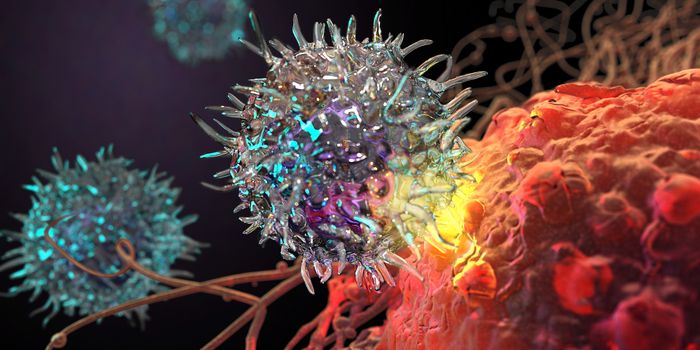Could Deep Brain Stimulation Treat Schizophrenia?
From a new case study, researchers from Johns Hopkins University have found that deep brain stimulation may be able to improve symptoms of schizophrenia for at least one year among patients with treatment-resistant variants of the condition.
Schizophrenia is a chronic neurological disorder that affects less 1% of the US population. Symptoms include delusions, hallucinations, disorganized speech and trouble with thinking and feeling motivated. Although there is currently no cure for the condition, symptoms can be managed with medications and therapy. Between a fifth and half of patients, however, who have severe symptoms of schizophrenia do not respond to current treatments.
Finding alternative ways to manage symptoms of the condition are thus crucial. As such, given success in deep brain stimulation in treating various neurological disorders including Parkinson’s disease, researchers thought to see whether it could also benefit patients with schizophrenia.
For the case study, the researchers treated a 35-year-old woman with treatment-resistant paranoid schizophrenia alongside obsessive-compulsive disorder. Her symptoms included persistent auditory and visual hallucinations, thought broadcasting (a person believing their thoughts can be heard by others) and persecutory delusions. Antipsychotic medications, such as clozapine, did not reduce her symptoms.
For the treatment, the researchers used the same type of brain stimulation hardware used to treat Parkinson's disease and other movement disorders. In particular, they targeted the woman’s substantia nigra pars reticulata, a part of the brain responsible for the control of learning, executive functioning and emotions.
Immediately after the beginning of the deep brain stimulation treatment, the patient reported complete resolution of her hallucinations. These improvements remained at a year-long follow-up, with no significant complications or adverse reactions related to the treatment having been reported. Due to the treatment and improved quality of life, the patient is now in the process of reducing her antipsychotic medications.
While promising results, the researchers say that long-term efficacy needs to be seen in larger trials before any conclusions can be drawn. Nevertheless, they say their results show that deep brain stimulation may be more effective for treating schizophrenia than conventional treatments.
Sources: Psychiatry.org, Neuroscience News, Biological Psychiatry









